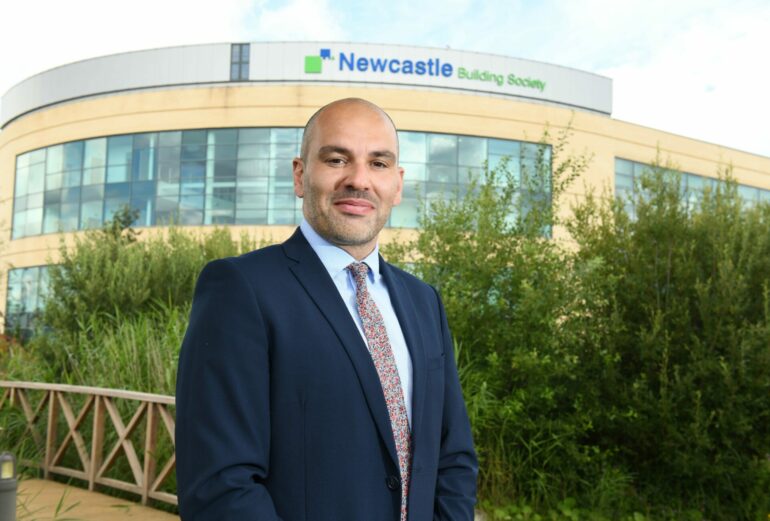With one third of property in England and Wales paid for, a third in owner occupier hands and another third in the rental market, it’s not hard to see why interest rate rises are a very brutal sledge hammer to crack the inflation nut.
Their impact is not felt evenly by everyone and it’s often the people who need the most help that feel the most pain.
But whatever you make of the fairness of rising interest rates on borrowers, the fact remains that everyone with a mortgage is affected – and none less so than those with higher loan-to-values (LTVs) who are usually at the beginning of their home-owning journey.
The inflation environment and onset of Consumer Duty means that endless roll overs onto product transfers cannot be the only answer for clients coming to the end of a fixed rate term.
We know that clients have been stress tested at 3% over standard variable rate (SVR) but that was in an era when SVRs were considerably lower than now and I suspect borrower’s commitments on other debt were more manageable too… It is different now.
It is not unreasonable to suspect that in the intervening time other lines of credit available to families have grown.
Citizens Advice reported in April this year that it is helping increasing numbers of people with a negative budget, where their income is not enough to cover their essential expenses.
According to Citizens Advice, 51% of those it was helping at the time of the report were in a negative budget, compared with 36% in 2019.
The average debt a client now has is £0 left over each month, compared with more than £15 in 2019.
The trajectory of interest rates is unlikely to ease this problem. By the end of the year, base rate is expected to be around 6 to 6.25% – a level last seen in 2001. Rates could then be maintained at this kind of level until June 2024.
For mortgage borrowers, advice has never been more important. The right deal and guidance could be the difference between owning a home or not.
While all lenders will operate forbearance schemes and try to avoid the worst case scenarios, good advice and acting sooner rather than later is crucial.
Part of that equation is, over and above price and criteria, recognising that affordability is now the biggest challenge facing everyone who is seeking a mortgage. Not least first time buyers.
In May, Rightmove reported that first time buyers are paying £200 more a month for their mortgage on average than at the same point the previous year.
Mortgage costs for a new homeowner with a 15% deposit are now £1,056 per month, compared with £865 a year ago.
Lenders will try to help. For our own part we have doubled the validity period of our borrower loans to six months to help those in property chains where the process can take longer, or customers looking to re-mortgage well ahead of their current deal expiring.
We have also signed up to the commitments in the Mortgage Charter for borrower support.
It’s part of the Building Society’s purpose to help people own their homes and stay in them. We understand that many will need our support and certainly parts of the borrowing community will need our specialist help at this time.
To contact your dedicated Business Development Manager (BDM) for an appointment and to find out more click here.
Francesco Di Pietro is head of intermediary mortgages, Newcastle Building Society




